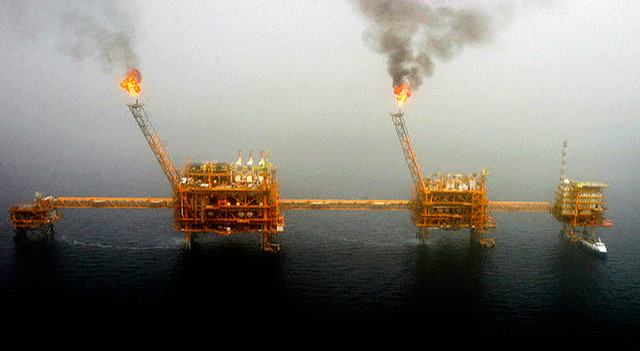China is now Iran's top crude oil buyer with around 718,000 barrels of imported crude oil from Iran arriving in China daily on average from January to May of this year.
This is a relief for Iran after U.S. President Donald Trump withdrew the U.S. from the crude oil deal in May 2018. After U.S' withdrawal, Iran has been asking help from other nations to buy its crude oil, especially that Iran's economy is highly dependent on its oil industry. The tension further escalated when President Trump declared that the U.S. is planning for sanctions on Iranian oil exports in November.
But Iran is now confident with China as its newest top buyer of crude oil. Accordingly, China recently increased its purchase of Iranian crude oil by nearly ten percent. It has no plan to stop buying even if the U.S. sanctions will push through in November.
Some European companies have already started withdrawing their purchase of Iranian oil. Also, the threat of sanctions on Iranian companies has pushed out banks, most of which had paid severe fines in the past for some sanction violations.
"Now that the trade relationship is in jeopardy, why would they do that?" said Derek Scissors, a scholar of the American Enterprise Institute. "If we tell the Chinese, 'Oh, we will cancel our pending tariffs as long as you stick to the Iranian sanctions,' they will do it in a second.
Meanwhile, Iran's Foreign Ministry Spokesperson Bahram Qassemi said that "if America wants to take a serious step in this direction, it will definitely be met with a reaction and equal countermeasures from Iran."
Industry experts projected that China will purchase even more oil once the U.S. sanctions will be implemented this November. This does not surprise, though, the oil industry experts because China has always been consistent with its historical approach of defying U.S. sanctions.
"The Chinese position, in general, has been that they will honor U.N. sanctions and they are reluctant to recede a bilateral sanction," according to David Dollar of The John L Thornton China at the Brookings Institution.
This issue of oil imports between Iran and the U.S. can be traced back as early as during former U.S. President Barack Obama's administration. During Obama's Administration, the U.S. negotiated with China to reduce its investments in Iranian Oil brought by bilateral sanctions. China did not heed to the said request of the U.S.
To recall, the U.S. recently imposed high tariffs and duties on Chinese imported goods in the U.S. This so-called trade war between U.S. and China has adversely affected the generally stimulating economic situation of the international trade market.





